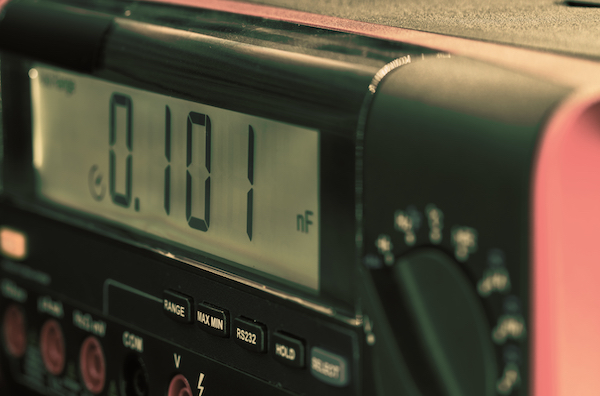What Exactly Is Load Bank Testing?
Posted by Kristopher Schwind

Load bank testing is a critical part of preventative maintenance for your standby generator.
Diesel standby generators can go unused for long periods of time in between power cuts, which can cause them to operate below their rated capacity.
Keeping your standby generator stagnant causes fuel, carbon, and particle build-up in the engine, which can result in significant system failure. Testing is crucial to ensure your generator is working optimally.
Load bank testing is a mandatory requirement for commercial businesses and facilities, with rules and regulations drafted by the National Fire Protection Agency (NFPA) and the National Electric Code (NEC). If you’re responsible for a large-capacity building or area—such as a retail center, wholesale distribution facility, sports arena, or office building—you’re likely required to conduct regular load bank testing to stay compliant. In particular, healthcare facilities are required to conduct regular load bank testing by various accreditation and quality assurance agencies.
Why Load Bank Testing Is Important
Since generators typically go long intervals between uses, they begin to operate below their rated capacity—which means they’re unable to provide their full nameplate Kilowatt rating. Load bank tests provide an artificial load at a rated capacity to ensure your generator can handle anything.
Load bank tests are conducted to validate your standby generator’s performance as well as the UPS system’s battery autonomy. A faulty battery doesn’t just prevent your generator from operating, it prevents it from storing usable power. Testing is the only way to confirm if your generator and UPS system will operate during an outage. Without routine testing, a generator may fail to store and distribute electricity.
Regular testing allows you to identify potential system failures, conduct preventative maintenance, and avoid future crises. These results allow maintenance to occur before a critical problem with your standby generator emerges.
The Dangers of Wet-Stacking
“Wet-stacking” occurs when diesel standby generators are not used frequently, causing a buildup of unburned fuel and soot in the exhaust system. When wet-stacking occurs, generators aren’t only at risk of low performance or total system failure, but risk suffering significant system damage or becoming a serious fire hazard.
Generators run at full power and full temperature during load bank tests, causing the excess fuel and soot in the exhaust system to burn off. In addition to assessing your standby generator’s performance and function, load bank testing eliminates potential—or existing—wet-stacking.
Benefits of Load Bank Testing
Annual load bank testing is the only way to ensure that your generator will be effective in an emergency. In addition, annual testing confirms that your generator is meeting NFPA and NEC regulations.
Load bank testing results indicate:
- The engine’s ability to provide optimal power
- The alternator’s capability to provide the required voltage
- The stable frequency
- Control systems’ efficiency under different load conditions
- Oil and fuel pressure
- The performance of the entire load bank system
Additionally, load bank testing benefits your generator by:
- Removing deposits from the pistons
- Removing castings and exhausts
- Noting potential system weaknesses
To keep your standby generator up and running, schedule regular load bank testing with a generator service professional. An expert standby generator service provider will guarantee compliance with industry safety standards. In addition to running tests, they’ll provide you with a record of the results and point out any service or maintenance your standby generator requires.
National Standby Repair provides a total regimen of preventative maintenance. We offer load bank testing on standby generators according to NFPA standards. Our professional technicians evaluate generators, providing sound recommendations to keep your generator running in peak condition. We do more than conduct regular load bank testing—we keep businesses and operations up and running when they need it most.
Kristopher Schwind is the proud owner of National Standby Repair.
 24/7 EMERGENCY GENERATOR SERVICE
24/7 EMERGENCY GENERATOR SERVICE REQUEST A QUOTE
REQUEST A QUOTE
 (914) 734-1400
(914) 734-1400